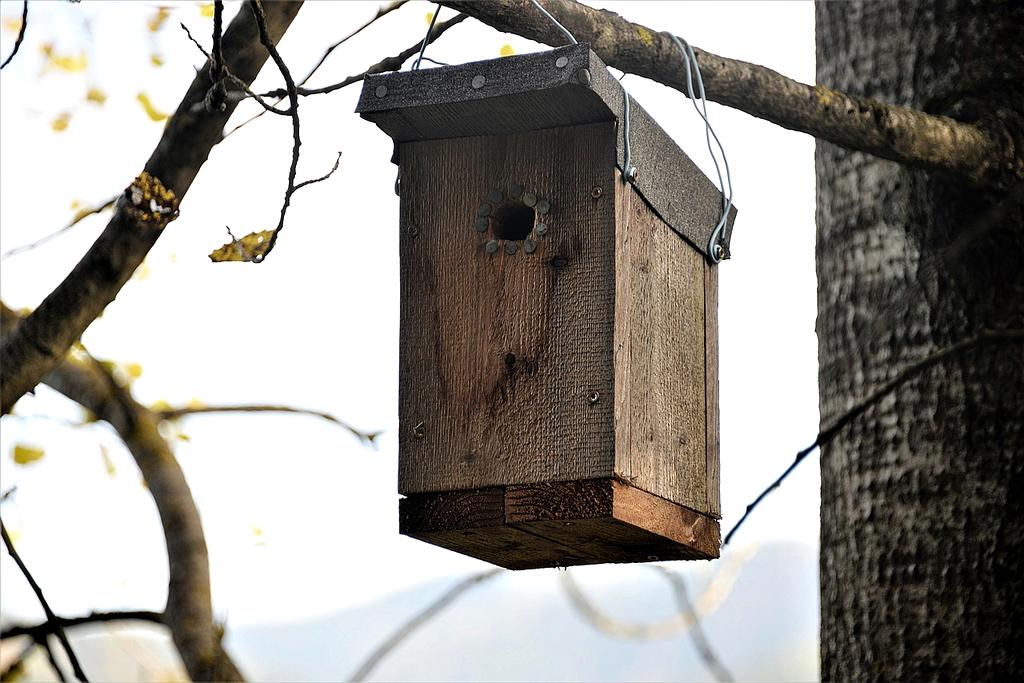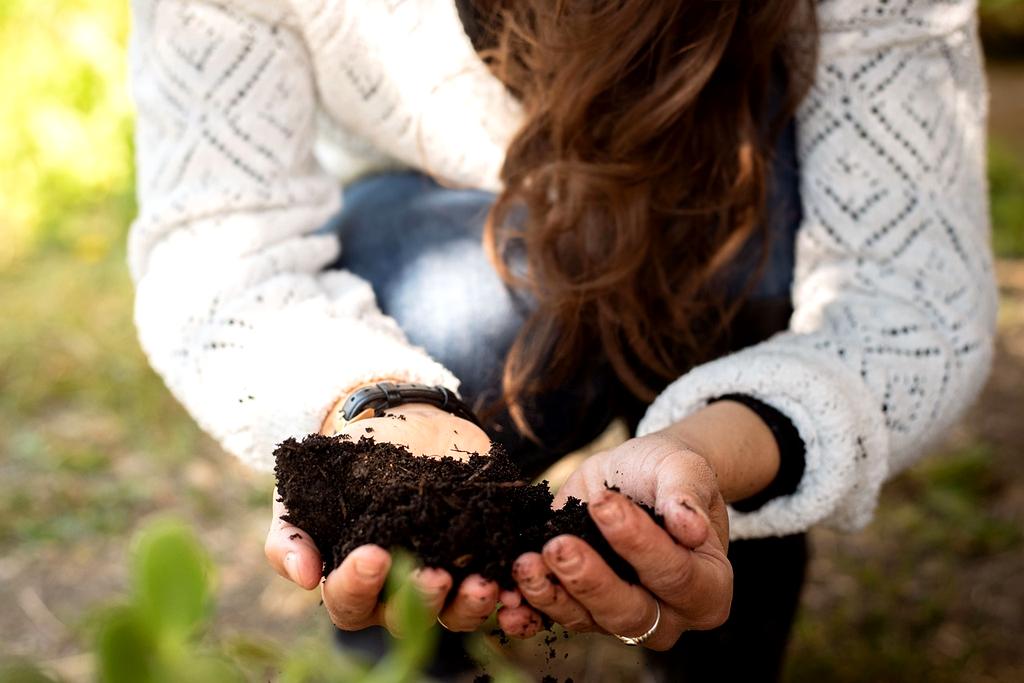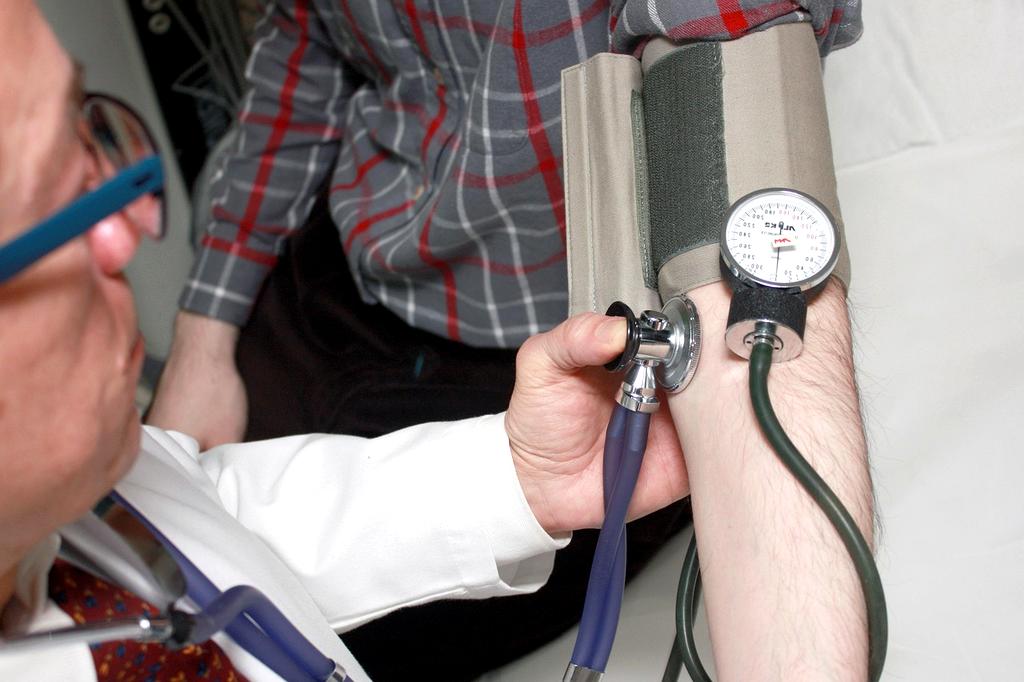Your Ultimate Recycling Guide
Master the art of waste sorting and recycling at home with practical tips and expert advice designed to help you live sustainably and reduce your environmental footprint.

Why Recycling Matters
Recycling helps conserve natural resources, saves energy, reduces landfill waste, and lowers greenhouse gas emissions. Proper sorting increases the quality of recycled materials, making the process more efficient and beneficial to communities and ecosystems worldwide.
By following effective recycling practices, you contribute to sustainable development, protect wildlife habitats, and build a healthier planet for future generations.

Common Household Waste Types & How to Sort Them
- Paper & Cardboard: Newspapers, magazines, packaging, and clean cardboard boxes should be flattened and placed in the paper recycling bin.
- Plastics: Bottles, containers, and packaging labeled #1 to #7 can typically be recycled. Rinse before placing in the recycling bin.
- Glass: Bottles and jars should be cleaned and placed in the designated glass recycling bin. Avoid mixing with other materials.
- Metal: Aluminum cans, tin cans, and foil clean of food residue are recyclable and should be placed in the metal recycling bin.
- Organic Waste: Food scraps and yard waste belong in compost bins or organic waste collections if available.
- Hazardous Waste: Batteries, electronics, paint, and chemicals require special disposal methods. Check local guidelines.
Tips for Effective Recycling
- Always clean containers of food and liquids to avoid contamination.
- Avoid placing non-recyclable items such as plastic bags, foam containers, or soiled paper in your recycling bins.
- Flatten cardboard boxes to save space and improve collection efficiency.
- Separate recyclables by material types according to your local recycling program's rules.
- Use labels or color-coded bins to help family members sort waste correctly.
- Reduce waste by buying products with minimal packaging and reusable containers.
How to Handle Electronic Waste
Electronic waste (e-waste) contains valuable materials but also hazardous substances. Do not throw electronics like batteries, phones, or chargers in regular bins. Use designated drop-off locations or scheduled e-waste collection events in your area to ensure proper recycling and prevent environmental harm.

Understanding Composting
Organic waste such as food scraps, coffee grounds, and garden waste can be composted to create nutrient-rich soil instead of going to landfill. You can compost at home using a compost bin or participate in your municipality's green waste collection service.

Get Your Free Personalized Assessment
Join over 50,000 families who have transformed their environmental impact. Our experts will create a custom recycling plan tailored specifically to your home and lifestyle within 24 hours.
